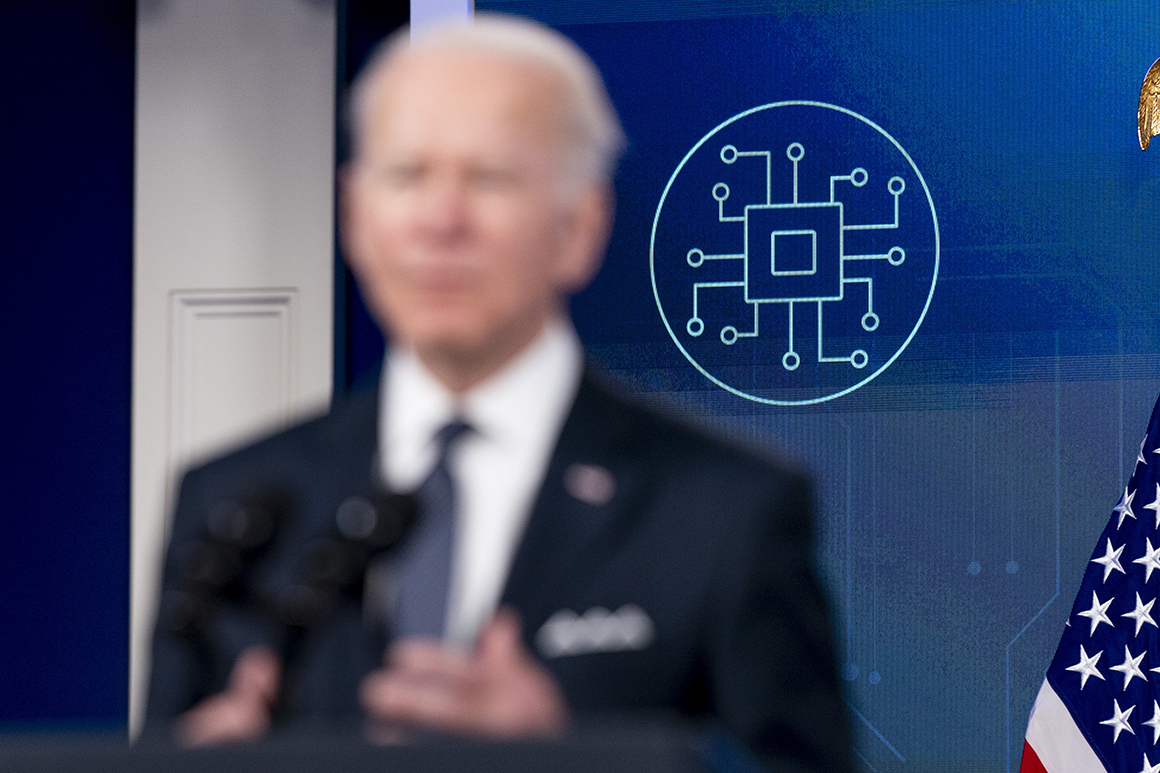Chinese Hackers Stole Over 95 GB Of Indian Immigration Data
Chinese hackers have conducted extensive cyber intrusions against foreign governments and companies, including India. The Washington Post reported that Chinese intelligence and cyber-surveillance accessed 95.2 GB (gigabytes) of Indian immigration data.
Other targeted countries include Malaysia, Taiwan, South Korea, Hong Kong, Thailand, the United Kingdom, Nepal, Mongolia and Kazakhstan, among others.
According to the report, Chinese hackers are targeting software vulnerabilities in companies like Apple, Google and Microsoft.
Leaked documents, posted a week ago on Github, reveal successful breaches of 80 overseas targets, including the acquisition of immigration data from India and call logs from South Korea’s LG U Plus telecom provider.
These documents belonged to a Chinese company called ISoon, headquartered in Shanghai. It is known to sell third-party hacking and data gathering services to state-owned companies and Chinese government bureaus.
The leaked cache contains more than 570 leaked files, images, and chat logs of users. These hacks were initiated by a Shanghai-based company Isoon, offering hacking and data collection services to Chinese government agencies and state-owned businesses.
Chinese state agents are using these hacking tools to identify users of social media platforms like X (erstwhile Twitter), access emails, and conceal the online activities of overseas agents. Additionally, the documents describe disguised devices such as power strips and batteries also used to compromise Wi-Fi networks.
Concerns about Chinese hacking campaigns have been raised by US intelligence officials, who view it as a significant long-term threat to national security. Similarly, the Indian government has taken measures to block Chinese mobile applications due to concerns about potential monitoring by Beijing.
This is just a part of the rampant cyberattacks that the country has been witnessing in recent times. India witnessed 13.91 Lakh cyber security incidents in 2022, Minister of State for Electronics and Information and Technology Rajeev Chandrasekhar informed the Parliament.
Those numbers still do not give an entire picture of cyberattacks on the country as these statistics…



